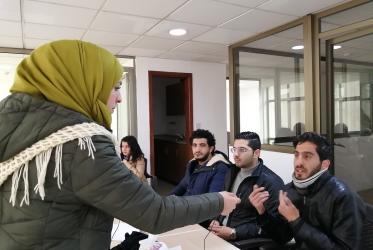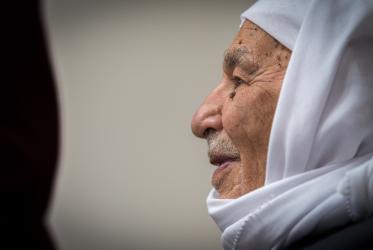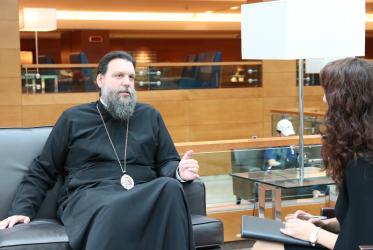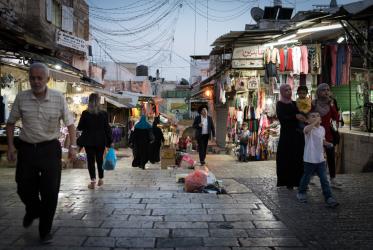Displaying 1 - 20 of 71
COVID-19 in conflict zones: “a crisis within another crisis”
27 November 2020
Are migrants seen and heard? Conference presses the question
19 October 2020
A faith-based, holistic approach to HIV and AIDS-care
13 March 2019
“Love will find a way”
23 August 2018
«L'amour triomphera»
23 August 2018











